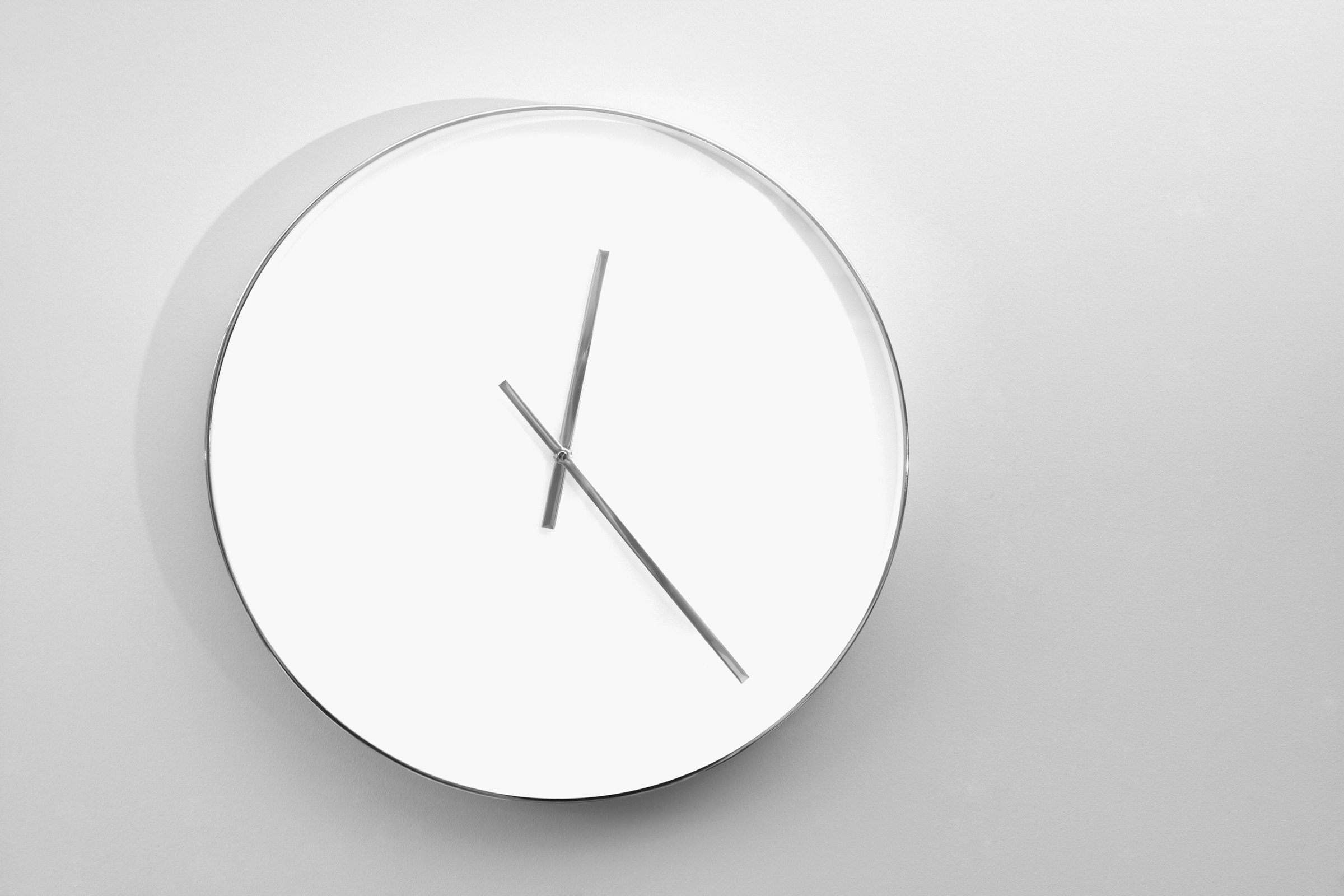
Our collective recognition that a woman’s fertility declines with age is nothing new. But, frustratingly, experts are still trying to figure out just why that happens.
“The short answer is that a woman’s eggs just aren’t as zippy as they were when she was younger,” says Dr. Mary Jane Minkin, clinical professor of obstetrics, gynecology and reproductive sciences at Yale University School of Medicine. Citing data from the Society for Assisted Reproductive Technology (SART), Minkin points out that a woman’s fertility remains relatively constant during her late teens, 20s and early 30s. That’s not to say conception is guaranteed; even for a healthy 30-year-old, the odds she’ll get pregnant during any specific ovulation cycle is just 20%. That means 4 out of 5 women who try to conceive this month will still be trying next month.
But around age 35, the average woman experiences a drop-off in fertility that accelerates until her mid-40s, when her odds of a successful pregnancy fall into the low single digits. “Part of the issue is that we’re born with all the eggs we’re going to have, and as we get older they get older with us,” Minkin explains. These eggs don’t respond as readily to the surge of luteinizing hormone (LH) that a woman’s pituitary gland releases during ovulation, she says. (If you’ve ever used an ovulation kit, LH is the hormone that kit measures in your urine.)
Chromosome abnormalities also increase as a woman ages. “When you look at women in their late 30s or 40s, instead of having 23 chromosomes, more of the eggs have an extra one or a missing one,” says Dr. Richard Bronson, director of reproductive endocrinology at Stony Brook University.
But the big question—why do a woman’s eggs decline in quality as she grows older?—remains unanswered. “Is it that a woman’s body uses her best eggs first, or is something happening to the eggs as a woman ages?” Bronson asks. “No one knows.”
That may soon change. Bronson says some of the latest research suggests mitochondrial function within the egg may diminish with age, which could lead to chromosome abnormalities. Lifestyle factors ranging from cigarette smoking to obesity and stress could play a role as well, though much of the current research is speculative. “There’s no question general health affects reproduction,” he says. But exactly how all these variables interact is a complicated puzzle experts are still working to assemble.
Even if an egg is perfectly healthy, the overall quality of the “intrauterine environment” changes as a woman grows older, Minkin explains. (Of course, the health of a man’s sperm also plays a part. But for the average man, sperm quality doesn’t become a problem until he reaches his 60s, according to SART.)
The more we learn about the miracle of conception, the more it seems just that: miraculous. “It’s all a very delicate show,” Minkin says of conception and pregnancy. “I try to encourage my patients, if they can, to start thinking about having a baby by 35.” She’s careful to stress that “it’s not all doom and gloom” once a woman reaches her mid-30s. “But there are more significant hurdles,” she says: hurdles modern medicine hasn’t found a way to consistently overleap quite yet.
More Must-Reads from TIME
- Cybersecurity Experts Are Sounding the Alarm on DOGE
- Meet the 2025 Women of the Year
- The Harsh Truth About Disability Inclusion
- Why Do More Young Adults Have Cancer?
- Colman Domingo Leads With Radical Love
- How to Get Better at Doing Things Alone
- Michelle Zauner Stares Down the Darkness
Contact us at letters@time.com